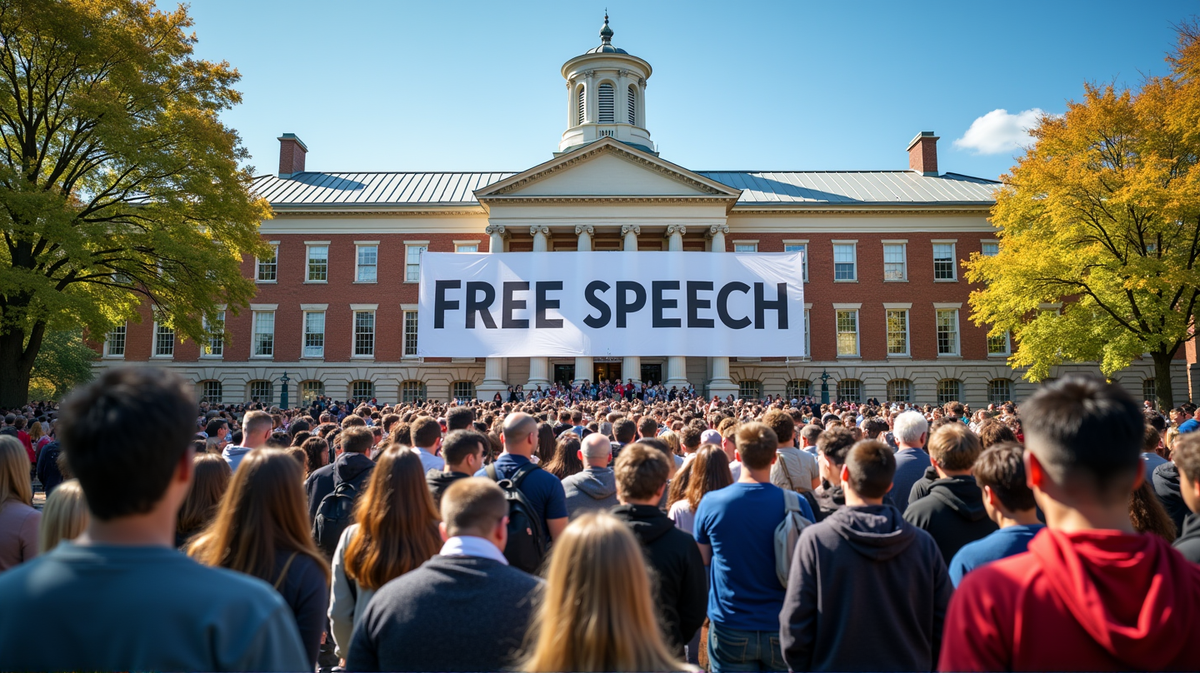Courageous Rejection: Universities Stand Against Government's Compact
Universities like U.Va. refuse the Compact, prioritizing free speech and academic freedom amid federal pressures.

A Revolt Against Restriction
Interim University President Paul Mahoney’s recent decision to reject the White House’s “Compact for Academic Excellence in Higher Education” sets a significant precedent for other institutions. This move was backed by compelling arguments from free speech advocates, including Tyler Coward from the Foundation for Individual Rights and Expression (FIRE) and the American Civil Liberties Union of Virginia (ACLU-Va.), concerned about potential censorship of academic institutions. According to The Cavalier Daily, this decision highlights a robust commitment to preserving academic freedoms.
Concerns Over Free Speech
The Compact’s guidelines have sparked concerns of limiting free expression by demanding institutional neutrality and restricting political discourse among university staff. Tyler Coward emphasized the problematic nature of the Compact’s call for universities to act according to guidelines set by the Justice Department, potentially stifling open discourse. He argued, “A government that can reward colleges and universities for speech it favors today can punish them for speech it dislikes tomorrow.”
Impacts on Academic Freedom
Key clauses within the Compact, such as preventing political ideologies from “dominating” campuses and abolishing units belittling conservative ideas, have sparked debate. Critics, including FIRE’s Tyler Coward, fear such measures could lead to conflating speech with violence, undermining the foundation of free academic inquiry.
Institutional Neutrality: A Double-Edged Sword
While institutional neutrality sounds advantageous, the demand for faculty silence poses threats to First Amendment rights. The ACLU-Va. echoes these sentiments, urging universities like U.Va. to reject governmental overreach potentially stymieing independent thought and academic progress.
Repercussions and Reactions
The University of Virginia joins a growing list of prestigious institutions, including MIT and Brown University, in rejecting the Compact. This collective dissent signifies a strong stance against federal strategies perceived as oppressive, championing free speech as fundamental to higher education’s success.
The Role of Advocacy Groups
Organizations such as FIRE continue to play an indispensable role by advocating for academic freedoms and offering legal assistance to those feeling their rights are compromised. With universities dropping in free speech rankings, FIRE’s mission remains crucial in ensuring campuses remain zones of unbridled intellectual exchange.
In conclusion, Mahoney’s choice and those of peer institutions resonate beyond campus borders, emphasizing that collaborative and open societal dialogues should guide educational policy reforms, rather than restrictive, government-imposed agreements.





